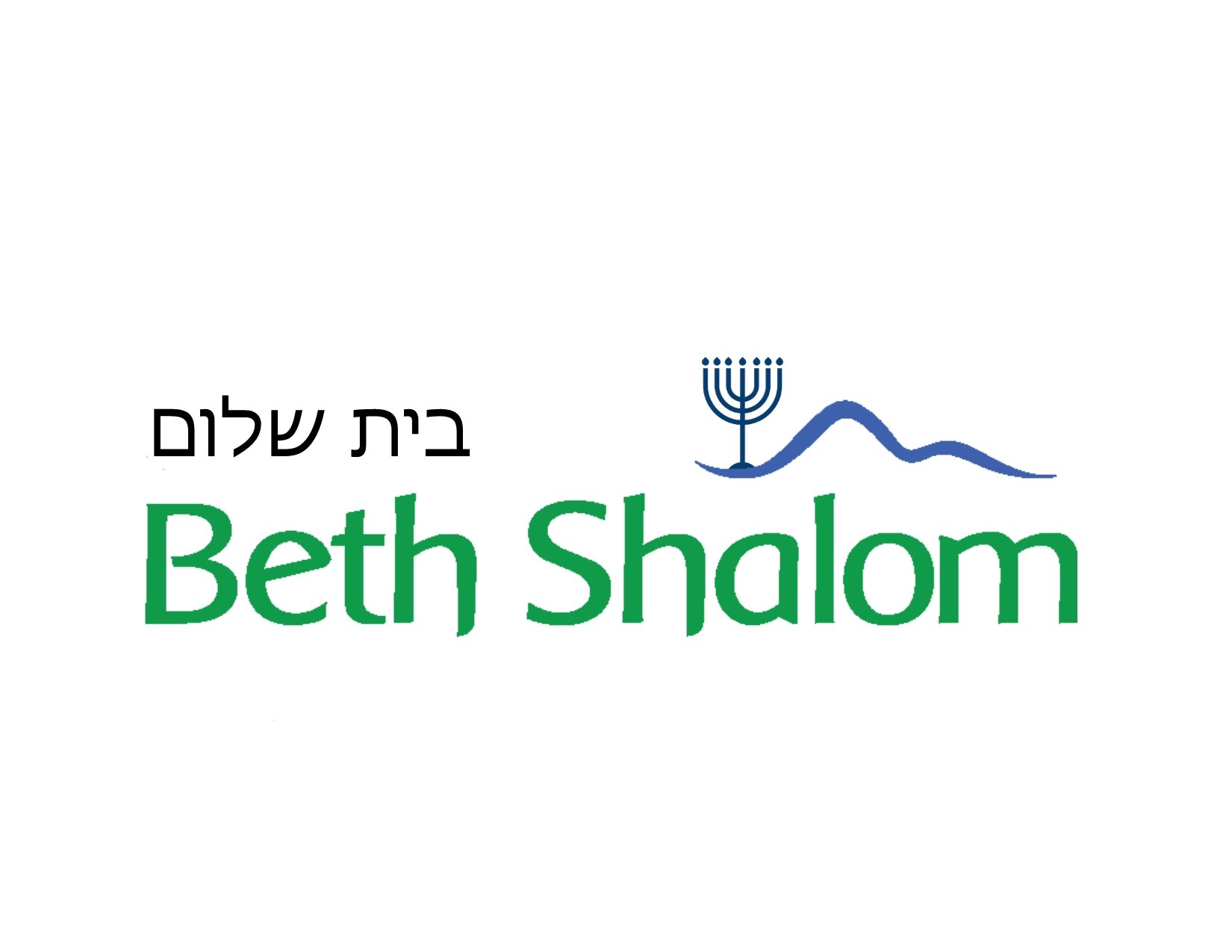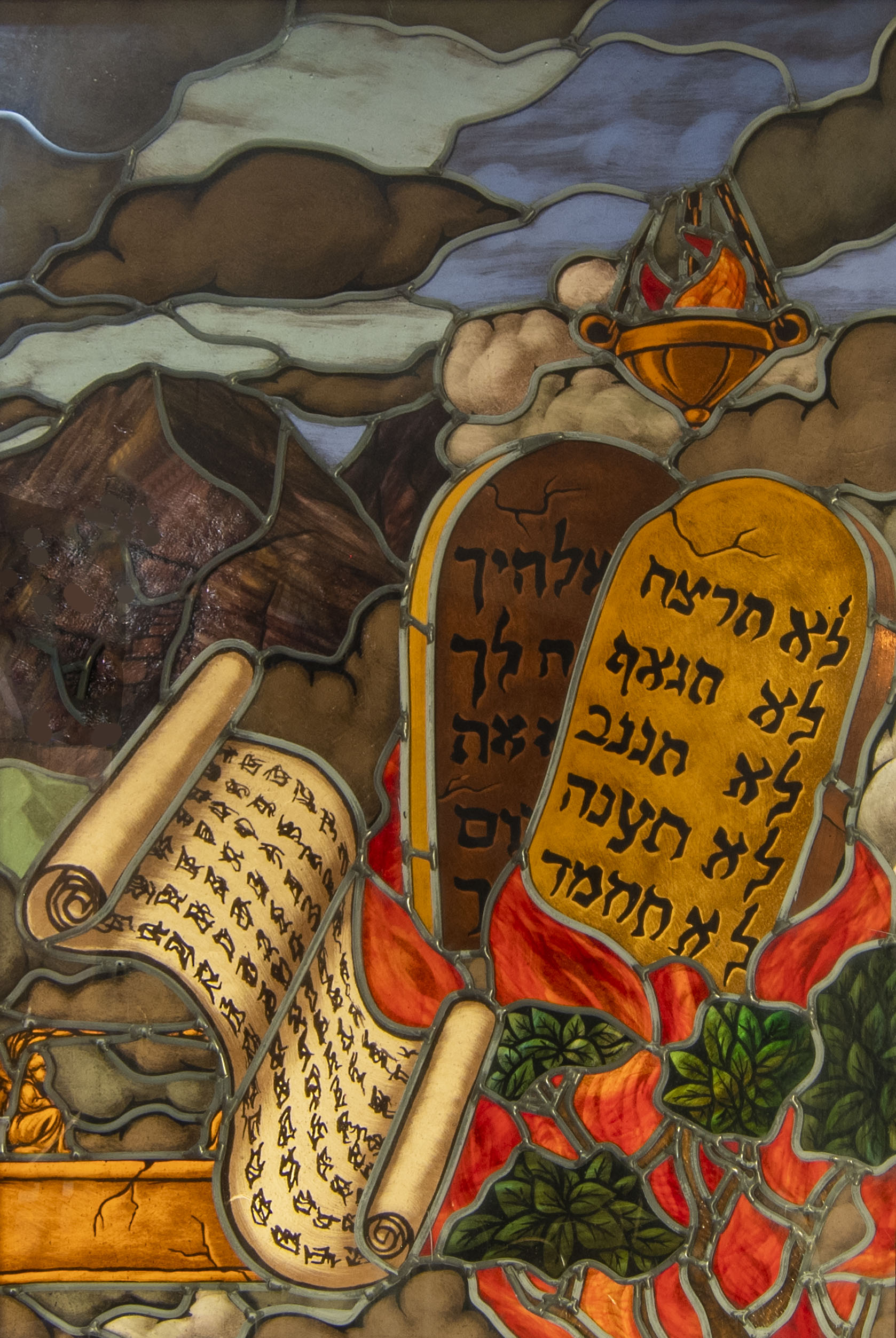At a recent assembly which we call Yachad, in Religious School we were discussing the similarities between Yom Ha’atzmaut – Israel Independence Day and July 4th, America’s Independence Day. We talked about customs including foods that are eaten, dress and ways to celebrate like with fireworks. The question arose that an important component of any holiday celebration is to know “What exactly is the celebration for?” and “What do we need to remember?”
In Leviticus 23, we read that God says: “In sukkot you will sit for seven days, so that future generations may know that I made the Israelites live in Sukkot when I brought them out of Egypt.” This concept of concern for future generations is not foreign in our 21st century society. We know that for instance the well-being of our planet and the survival of our children depends upon our abilities to conserve and take better care of our environment. Remembering deeds of the past and possibly correcting them, as well to planning for the future are some of the many ways that we connect generation to generation – Le dor vador.
The impact of these words from God to Moses, to the B’nai Yisrael has been felt for generations. We continue to read and study these words today and ponder their ramifications, so that our children and our children’s children will know of our laws and our heritage.
The word to remember in Hebrew is Lizkor. The root letters are zayin, kaf and resh. As Jews it seems that we need to remember a lot – it’s like you need a special folder on your phone for all the Jewy stuff we need to know. Like it’s easy to remember the exodus from Egypt- zecher litziayt mitzrayim, to remember the kindness of our fathers and mothers – vezocher chasdei avot ve imahot, to remember the wonders of creation-zikaron lemaaseh vraisheet and to remember that there is only one God- shamor ve zachor be dibur echad. These words are mentioned often in our prayers.
And yet we know there is so much more to know, laws and traditions that are more difficult to recall and implement – just look at all the laws of Kashrut.
In our Veahavta prayer we read, Veshinantam levanecha,” “You shall teach these words diligently to your children.” From the Torah, we learn that two essential parts of Judaism are continuity and education. From the time we are young we learn that it is incumbent upon us, that it is our responsibility to pass on all the knowledge that we have (that we’ve managed to remember) to younger generations.
Well, gosh you might say, that’s great. How are we supposed to do all this and go to work and drive carpool and take the dog to the vet and lower our cholesterol and protect our families from another pandemic? Hypnotism, the Vulcan mind meld, from Star Trek perhaps? Unfortunately, not all of us are that talented. The answer lies in Jewish education and continuing Jewish education.
In BSS RS we have three distinct groups. We have children at the beginning of their Jewish education, graduating high school seniors, and adults, in college and beyond who share their knowledge of Judaism with our kids. Each is part of an exemplary chain of people in the Jewish community who have chosen to make a world of difference.
It is said that the greatest gift we can give a teacher is to encourage our children to become teachers. Our Beth Shalom teaching staff is comprised of students, 9th grade and higher, USC Jewish Graduate and undergraduate students, as well as enthusiastic and dedicated congregational members. Each plays a significant role in fortifying Jewish traditions, Jewish learning, and Jewish pride.
This past Sunday was our last day of Sunday School for this semester and summer break. Over the summer we will have Hebrew workouts for the kids and Adult Hebrew classes for the over 18 crowd. Both intro and a class for those wanting to brush up on their prayers so that perhaps you can assist in leading services, have an Aliyah, or help your children or grandchildren with their Hebrew.
No language class is just comprised of letters and vowels. The study of language and its usage requires an appreciation of its history, its use in traditions and cultural applications. Learning and improving your Hebrew is an opportunity to enhance your connection with your Judaism and to positively impact our future.
We hope to see and learn with you this summer.
Risa Strauss

